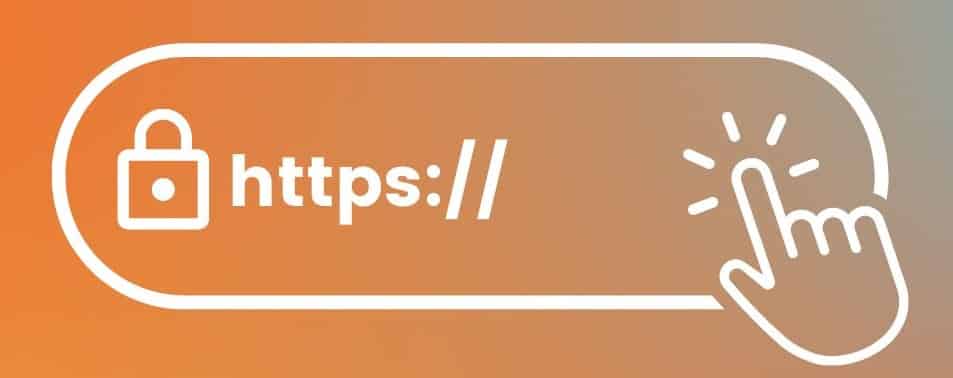Nothing ruins the holiday spirit like credit card fraud. And with a whole lot of credit cards being used on a whole lot of eCommerce websites during the busy holiday sales season, there are plenty of opportunities for criminals to steal customer data – and that goes for your customers, too.
This should be the biggest point of concern for small businesses when it comes to their website security. As a small business owner might not be a big target, sure – but their customer data is awfully appealing for hackers. The threat goes beyond credit card numbers; many hackers are interested in customer details that can be used for the purpose of identity theft.
Online shoppers aren’t unaware of this; even in the middle of a frenzied holiday shopping binge, they’re wary of entering their credit card details and personal information on websites that look ‘sketchy.’ If an SMB site falls into this category, they’re going to lose out on sales. Just as many businesses have the chance to rack up more sales during the holidays, they can also miss out on far more if their website security isn’t up to snuff.
So how do you keep customers from clicking the back button when they hit a site, protect SMBs’ data and theirs, and ensure an all-around secure online shopping experience? Here are a few key areas to focus on.
SSL Certificates
You’ve probably seen the term ‘SSL Certificate’ before, and you may even know that ‘SSL’ stands for ‘Secure Sockets Layer.’ But no one would blame you for not knowing what this technical term means or why it’s important.
Basically, SSL is a standard security protocol, designed to protect data communications over computer networks. Technically, SSL is the old name – these days, it’s called ‘Transport Layer Security,’ or TLS. But ‘SSL’ is still the common terminology, and that’s what we’ll use.
An SSL certificate includes an encryption key, along with a domain name and business information. SSLs make sure a browser sends information securely, so it can’t be intercepted and read, and they also ensure that when you send information to a website, it’s actually going to the correct site.
The presence of an up-to-date SSL certificate on a website is indicated by a lock icon in the top left corner of your browser, next to the website URL. This icon is well-known and widely recognized by customers, and most browsers will even flag sites that don’t have one. In short, getting an SSL certificate for an SMB website is table stakes for selling online at any time of the year, and it’s especially important during the holidays when there’s the potential for greater sales.
Website Security
Protecting a local business website isn’t as easy as just slapping an SSL certificate on it and calling it a day. To ensure complete protection, you need to look for a more comprehensive security solution. Features like daily or continuous malware scans, blacklist monitoring, database scanning, bot blocking, and DDoS protection can go a long way toward helping make the website more secure.
One big issue to consider here is the possibility of a website being blacklisted. If search engines detect malware on a site, they could blacklist the company, which will severely impact search engine ranking and online reputation. If this were to happen during the big holiday sales season, you might not be able to get the issue resolved in time to reverse the damage and restore ranking and reputation before sales are impacted.
Protect your site from malware and other intrusions upfront to ensure the company is in the best position to capitalize on increased sales over the holidays.
Mobile Security
Many small business owners do business on their phones these days. While that’s an enormous convenience, it also represents a significant vulnerability for an online business. If phones are being used for business in any capacity, you need to invest in an effective mobile security solution. There are lots of options out there, but these are the key features you should look for:
- Device monitoring, to scan mobile apps and ensure they’re secure.
- Theft prevention, with lost device location services.
- Safe online browsing functionality, including a built-in mobile VPN client.
- Identity protection, in case someone becomes a victim of identity theft.
- 24/7 customer support.
Working from your phone is awfully convenient, and everyone should be able to do so with confidence. Don’t let your mobile device be the weak link in a security chain that causes big problems for the SMB and its customers over the holiday season.
Put Online Safety and Security On Your Wishlist
For many of us, the holidays really are the most wonderful time of the year. Unfortunately, hackers and other criminals tend to agree with that sentiment. If a website isn’t properly protected, they’ll sneak down the virtual chimney and make off with more than just milk and cookies. Protect your customer’s data, their website and search ranking, and their personal devices by investing in SSL, website security, and a comprehensive mobile security solution.
When it comes to making more sales, guarding a business’s reputation, and making customers feel at ease, robust online security is the gift that keeps on giving.




